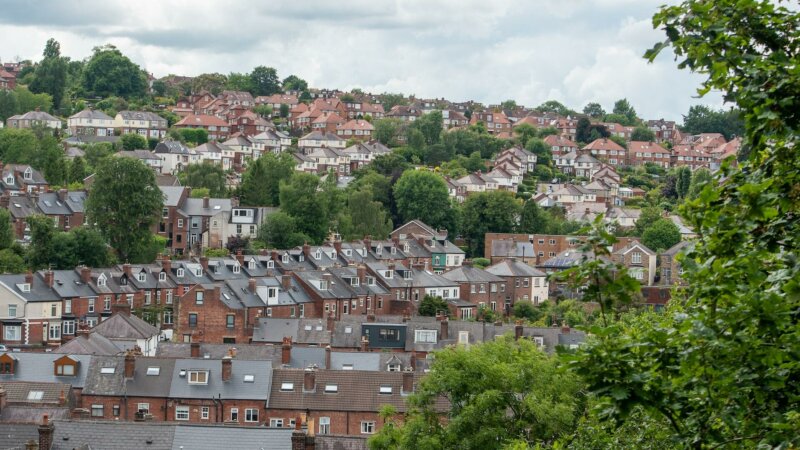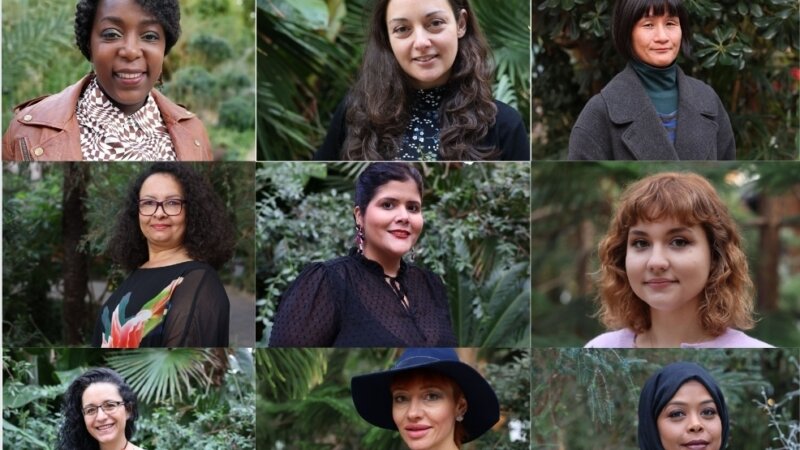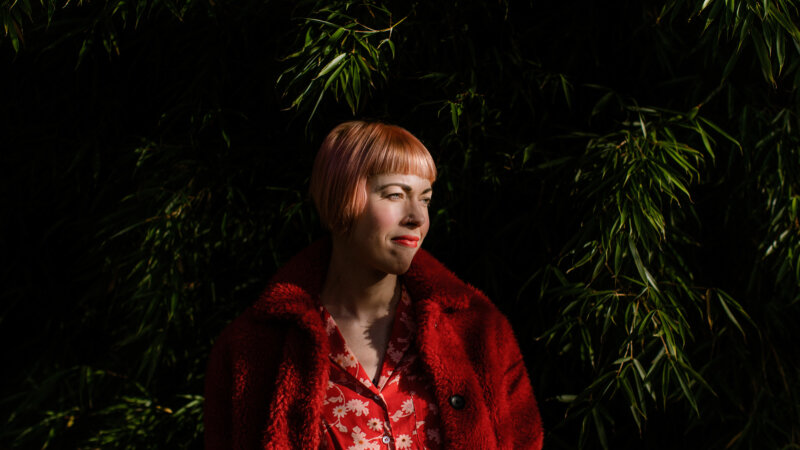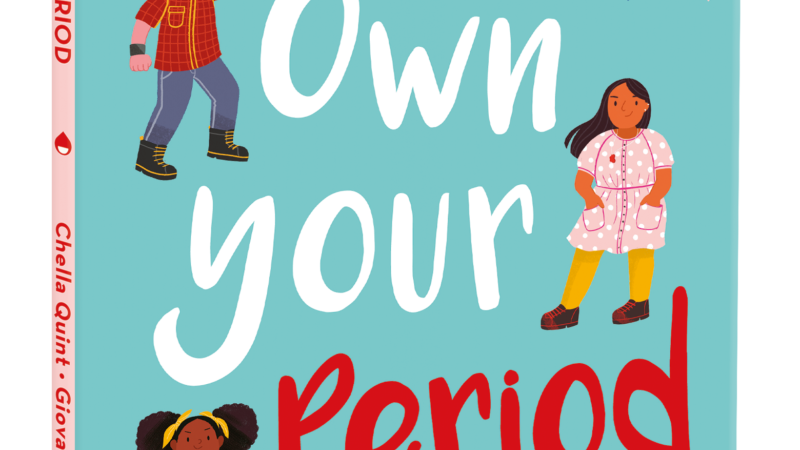The Dark Mountain Project / 'Five Dead Badgers' by Chris T-T.
The Dark Mountain Project is a network of writers, artists and thinkers who have stopped believing the stories our civilisation tells itself. We believe that the world is entering an age of ecological collapse, material contraction and social and political unravelling, and we want our cultural responses to reflect this reality rather than denying it.
The project began life in 2009 with the publication of a manifesto entitled Uncivilisation. The document grew out of a feeling that contemporary art and literature were failing to respond honestly or adequately to the scale of our entwined ecological, economic and social crises. We believe that writing and art have a crucial role to play in coming to terms with this reality, and in questioning its foundations.
The Earth is currently undergoing what has been accurately called an ecocide. Industrial humanity is in the process of destroying much of life on Earth in order to feed its ever-advancing appetites. As it does so, it also destroys itself. We don't believe that responses to this global reality can be confined, as they currently are, to the political, scientific or technological; they need to be cultural too. This is not a luxury, but a necessity.
The stories which any culture tells itself about its origins and values determine its direction and destination. The dominant stories of our culture tell us that humanity is separate from all other life and destined to control it; that the ecological and economic crises we face are mere technical glitches; that anything which cannot be measured cannot matter. But these stories are losing their power. We see them falling apart before our eyes.
New stories are needed for darker, more uncertain times. Older ones need to be rediscovered. The Dark Mountain Project was created to help this happen. We promote and curate writing, storytelling, art and music rooted in place, time and nature. We aim to offer up a challenge to the foundations of our civilisation.
So far we have published three books of 'Uncivilised' writing and art. Book 3 has just been published. We also hold an annual Uncivilisation festival. For more on our work, see dark-mountain.net
Paul Kingsnorth.
|1
The first dead badger is out on the Old Shoreham Road, just beyond Hove. It's a mess, bloodied tarmac and bits and pieces, scrawled and scraped up the verge, into the dirt, like left-behind meat in a frying pan.
The other day, I was buying an egg sandwich from a stall outside Asda, near the office where I go sometimes to write reviews under a false name for the local paper. There were two police cars and a county coroner's van skewed at angles up in the car park, with bored officers standing around them talking about the football. They'd blue-taped off an area, and they were drinking tea bought from the same dodgy van where I was about to buy my fried egg. It was memorable at that point only because of the dark blue coroner's van. I'd never seen one of those before. So I asked the fried egg sandwich man what had gone on and he explained that a body had been found in the bushes, a woman who'd been raped and murdered some time the previous night.
This is Sussex, not LA. I have no frame of reference. I thought about that first dead badger, all torn up like a murdered assaulted woman might be, and I felt sick, though not enough to stop me eating the sandwich.
2
The second badger was later that day, driving clockwise round the M25, near the refurbished Heathrow section. Only that morning I'd agreed to sing at a badger-themed music night, which isn't exactly a regular theme to hang a gig on. So even the second badger immediately felt like something other than a coincidence. There I was, thinking up a song around the idea of a badger (it hadn't become the character or soul of a badger yet, it was merely a bare sketch, I had a good title but that's all) and then, within a few hours, I had seen not one but two dead roadkill badger corpses spread like paté.
On the motorway I'm travelling much faster, so the second dead badger occupies - in my immediate presence - a shorter space of time. It is only momentarily a real, tangible object, particularly when compared to the long dragging hours it will rule my thoughts. It is less damaged than the first badger, essentially two-thirds of an undamaged badger, ending in a small, controlled area of untidy externalised internals in dark red, separating most of the creature from the gap where the bottom bit should be. More shocking, though. I speed past but before it's gone from view, I've pinballed through those sharp and blooded thought processes, linking it to what came before. The gig offer. The first badger. The murdered girl. The instant total conviction that this is more than chance. Surely I haven't seen any badgers, alive or dead, for - and this is a wild guess - five years or something?
I swing widely across into the middle lane, where I almost become a dead Christopher and get honked at by an angry white van man. I think: There is no surprise ahead, no shock twist involving my own revelatory discovery of control over fate or the lack thereof... just endless dead animals. Right now it's twenty-past-three in the morning and I'm supposed to work later today, putting in a whole day's grind like people in offices or factories have to do, because of the treadmill that turns creativity into fraudulent, corpulent fiscal self-sufficiency. But I'm plagued by my part, real or imagined, in each badger's downfall. I'm drinking in a miserable ecstasy of truth and somehow, at some point, it will piss back out.
3
The third badger. Two days later I'm walking down through Preston Park, from the steep, dark green hill to the paler, flat manicured grass area that becomes fenced-off tennis courts too soon for the grassy bit to be of any use. Rumbling daytime traffic in the distance. I'm walking homewards when, as I cross the small single-lane track that vehicles use to pick their way around pedestrian park-dweller game-players and negotiate a path into its heart, where cars really shouldn't go, I spy this animal lying by the fence. It's undamaged but utterly still, not breathing, not sleeping. Forty-four hours have gone by since the first two badgers and here's a third one.
I think to myself instantly: My time of rest is ended and I'm entering a time of change. I live, I exist. I can't let an odd feeling about two bits of roadkill get in the way, yet now it's three bits of roadkill and potently right in the fucking way like the Berlin wall.
I swear; I actually stopped and bent down to look at it, badger number three, close enough for the coat to become matted fur, for the black and white to become two starkly contrasting shades of grey and for the smell to curl into my nose. I stuck it out, reaching to unravel a dining hall murder mystery just by staring into a polished silver plate, set at the table where the master of the house was killed. The butler did it. You can see where the polishing has been abandoned before it was finished. You can smell alcohol from the butler's poisoned breath and feel the anger of the poisoned mind within the fabric of the plate and you know. But looking at this third dead badger, I know nothing. I stand up and my back gives a tiny sharp pain where I've been bent down far longer than I'd realised. Did people pass by and see me, frozen in contemplation of something so unpleasant, that it can only reflect a menacing, dark truth out of my soul? Yummy Mummies hugging dappled kiddies tighter to themselves as they pass by the man who is suddenly a darker person than they'd suspected the previous times they've walked by him in the afternoon? When I get home, I don't switch any lights on. When my wife gets home, she threatens to call the doctor.
4
The fourth dead badger in ten days is on television, which at least gives it a 2D veneer of distance and falseness. How often can you imagine seeing that particular animal, still carrying its striped taboo of mystery and protection? It is hip right now for television chefs to kill things live onscreen, to give themselves a kind of harsh caring edge to their work, by witnessing, or participating in, the death of whatever carcass they might chop'n'fry that night in their foodhall. But that doesn't stretch to badgers, of course. The Prince of Wales would be affronted if Gordon Ramsey visited Highgrove to cook for the Royals and electrobuzzed one to death on the lawn, before chopping it with onions into a soufflé. This dead badger was comedy. It was also fiction, so, in a way, I can pass it by more easily. It has no weight upon the rear half of my brain, unlike the others which drag my head constantly backwards until my only respite is to stare unceasingly at the sky, where there will never ever be any dead badgers. I skip on to the fifth one.
5
Here I am, after midnight, in the absolute middle of nowhere, lost, on the way from a pop festival where I was a punter rather than a performer. No tents, thank god; it's on a holiday campsite with chalets, so the comfort levels are bearable. Now I've skipped bail, done a runner, legged it, abandoned ship, leaving my friends marooned on the site, after a gaping, bruising row with my furious, swearing wife, over nothing and everything. Over which band to see next and how strange and distant I've become. So I took the car that I drove everybody here in and I'm gone, gone before the final gong. It's a misty, cold night, after a day of hard rain and high wind. I'm in a lay-by on a small Kent B-road, surrounded and overhung by dark tree shadows, no stars in the sky, lit by my own dipped beam. I'm walking back away from the car, which is at a slight angle, skewed like those police cars, where my front left wheel has ridden up the edge of the verge. I'm walking into the shadow, into that dangerous space of the road at night, where I will have to duck and run if a vehicle lurches out of the darkness and will rely on my own senses to be quick enough. I'm walking back. Back ten metres and a thousand years to where I just this minute hit and destroyed a whole, living, badger, as it snuffled unknowingly out across the road in its own final adventure. Where it ended speared and buffeted into death by a cheap hire-car from Brighton and a fast-sinking driver who cannot - will not - deal with this in the correct manner.
I'm looking in dimness and breath-vapour down at the fifth dead badger, broken and bleeding, not raped and torn like the first, or flat and fake like the fourth, but broken like a cricked stick, solid till halfway down the body, then solid again but at a different angle.
I pause.
Ignoring meaty stink and weight and blood, I bend at the knees so as to save my spine, then gather the remains of the fifth badger into my arms. Warm and very heavy, it drips down me and soaks in. I stumble back to the Ford Focus and, leaning to the right, so that I can take the whole mass in my left arm, I feel into my jacket pocket with my other hand and search out the car keys. They bleep as I unlock the front passenger door and, still leaning backwards to bear this heavy weight of scooped dead animal, I open the car. My badger slumps heavily onto the passenger seat.
My jacket is filthy with badger, so I unzip it and chuck it in the back, before sitting back in the driver's seat, for a time, headlights switched off, breathing in silence. The smell is familiar.
Then I drive back to the holiday camp to wait for my friends.





